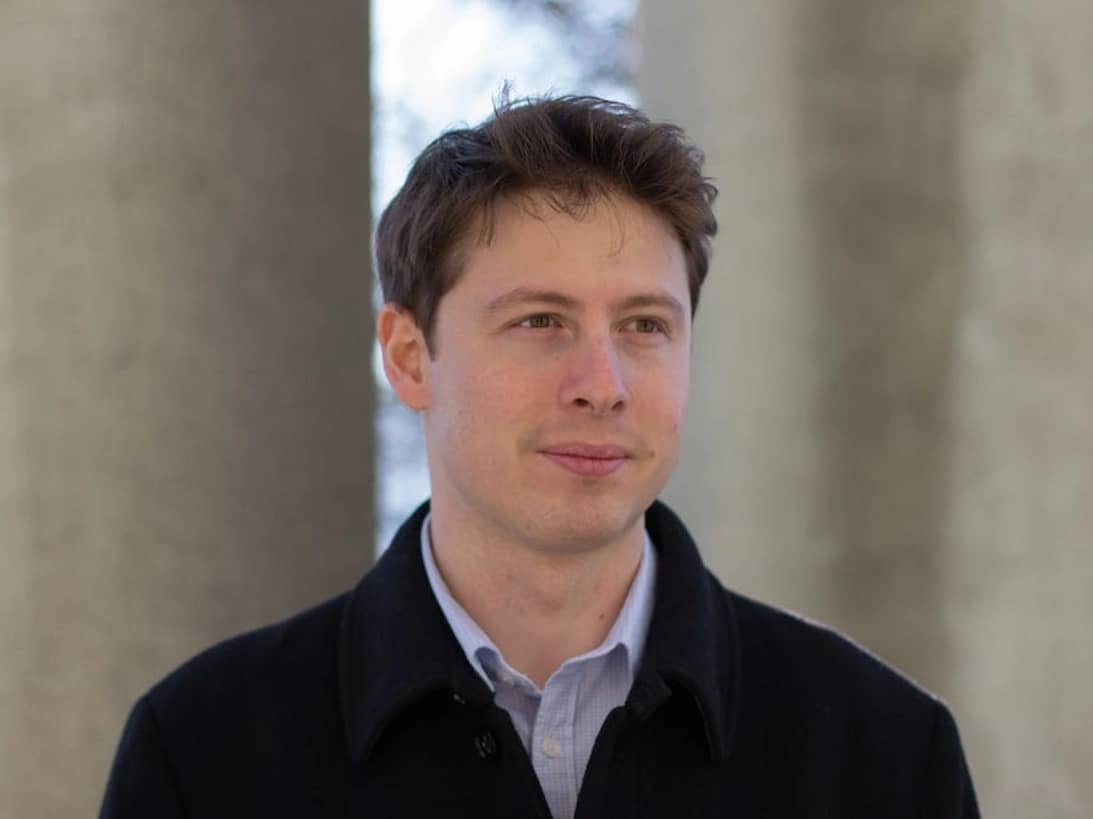Subscribe to wiki
Share wiki
Bookmark
Alessandro Chiesa
The Agent Tokenization Platform (ATP):Build autonomous agents with the Agent Development Kit (ADK)
0%
Alessandro Chiesa
Alessandro Chiesa is an Associate Professor at École polytechnique fédérale de Lausanne and a Co-founder and Chief Scientist at StarkWare — the developer of the permissionless Validity-Rollup (ZK-Rollup) Layer 2 network operating on Ethereum, Starknet. [1][2][8]
Education
Alessandro Chiesa attended the Massachusetts Institute of Technology (MIT) where he studied for a Bachelor of Science - BS in Computer Science from 2005 to 2009. Afterward, he studied for a Master of Engineering - MEng in Computer Science and then a Doctor of Philosophy - PhD at the same institution and graduated in 2014. [1]
Career
Alessandro started his career as a Postdoctoral Researcher at ETH Zurich from 2014 to 2015. His research spans the areas of complexity theory, cryptography, and security, and focuses on the theoretical foundations and practical implementations of zero-knowledge proofs. He later served as an Assistant and then Associate Professor at the University of California, Berkeley from 2015 to June 2023. [1][3]
As a Founding Scientist of the ZCash company, he co-invented the Zerocash protocol and is an author of libsnark, the leading open-source library for succinct zero-knowledge proofs. [1][3]
StarkWare
Alessandro co-founded StarkWare in 2018 alongside Eli Ben-Sasson, Uri Kolodny, and Michael Riabzev. [3]
StarkWare Industries Ltd. is a blockchain technology company based in Israel, focusing on developing ZK-Rollup technology and building products to solve the challenges of the Ethereum network. Besides the technology infrastructure, its main two products are StarkEx and StarkNet.
StarkEx
StarkEx is the Validium L2 scaling engine on the Ethereum mainnet that is modified to fit specific permissioned Dapps, used for projects to deploy their ideas (mostly for trading use cases). dYdX, ImmutableX, DeversiFi, Sorare, Canvas, and many others are partners. This Specific L2 is where most protocols are built on, generating real trading volume and conducting transactions. [4]
Starknet
Starknet is built based on STARK as the decentralized L2 Zk-rollup. The layer is responsible for executing transactions while scaling without the security sacrifice of Ethereum. STARK developers can write smart contracts and run them permissionlessly on Starknet. [5]
Starknet aims to achieve secure low-cost transactions and high performance by using the STARK cryptographic proof system. Starknet contracts and the Starknet OS are written in Cairo, a custom-built and specialized programming language. [5]
Awards
- Okawa Research Grant, 2020[6]
- MIT Tech Review Top 35 Innovators Under 35 (TR35), 2018[7]
- Sloan Research Fellowship (2021)[7]
Publication
See something wrong?
The Agent Tokenization Platform (ATP):Build autonomous agents with the Agent Development Kit (ADK)
